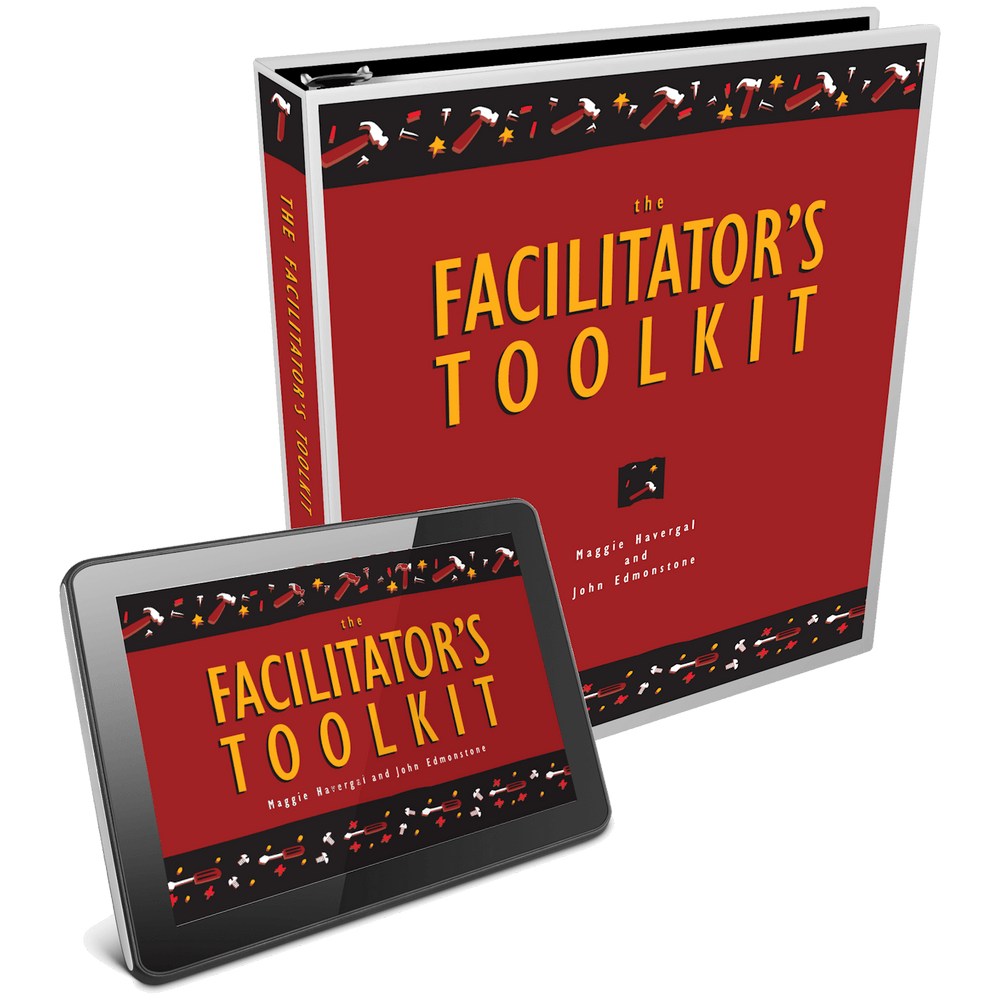Share
Facilitation Skills Every Facilitator Needs
Bradford R. GlaserCompanies today recognize the importance of proper training, and they look to skilled trainers to lead the team to success. But without the right skills, trainers can fail. Don’t let this happen to your organization. Here are some essential facilitation skills that every facilitator needs in order to create a productive training experience.

- Optimize your training
- Gain new ideas for training
- Address issues in the classroom
Table of Contents
- The Challenge of Facilitation
- Essential Facilitation Skills
- Superior Communication Skills
- A Good Grasp on Group Dynamics
- Empathy and Understanding
- Active Listening Skills
- Conflict Management Abilities
- Consensus-Building Skills
- Adaptability and Flexibility
- Time Management
- The Takeaway: How to Improve on These Skills
The Challenge of Facilitation
Sometimes, being a trainer isn’t easy. Facilitating a learning program isn’t just handing out forms and collecting responses. It requires the trainer to provide knowledge and insight for different types of learners. They are responsible for ensuring that the learning materials are absorbed and participants walk away with a clear understanding of the topic.
The facilitator must accomplish many tasks during a training session. They are responsible for a variety of duties, including:
- Helping team members with different learning styles understand the common objectives of the training program
- Suggesting and structuring appropriate and on-topic conversations
- Using group facilitation techniques to keep discussions relevant and productive
- Foster participation and inspire the team to contribute their different ideas and perspectives
- Create an inclusive environment where all individuals feel valued and accepted
Essential Facilitation Skills
To overcome these challenges and provide a successful training experience, facilitators should work to build the following facilitation skills.
Superior Communication Skills
The most important skill for a trainer – and everyone in the workplace – is excellent communication skills. If you can’t get your point across to people, they won’t end up learning anything. You should provide learners with clear guidelines and instructions throughout the session. Use your verbal skills to facilitate conversations and provide anecdotes that they can use to remember key lessons. Make sure that the environment is open so the whole group feels comfortable communicating with you as well.
A Good Grasp on Group Dynamics
The trainer is in charge of the learning environment, so they should have a good grasp of the group dynamics and maintain a positive atmosphere. You should create an inclusive environment where participants can ask questions and share knowledge without the fear of conflict. Understand how a group can have many different kinds of people with distinctive personalities, and focus on the need for coming together for the good of the team.
Empathy and Understanding
A trainer who barks orders at their students won’t get participant buy-in. A good trainer must have empathy and understanding while they are teaching. If they can relate to and understand their learners, they will be able to get the knowledge through to them more easily. Every person is unique and may have different learning needs. If a trainer is sensitive to their needs, they will be able to work better with them.
Active Listening Skills
Good facilitators don’t just read lessons off a piece of paper with no concern for their learners. You should have good active listening skills that are required to really hear what each student needs. Being able to not only understand what the student is saying but also what they are NOT saying is critical to the role of a facilitator. Read between the lines and pay attention to social cues to see how students are learning and to determine how you can help them. If anyone needs help or asks questions, pay attention to their requests and listen well.
Conflict Management Abilities
Every group has the potential for conflict. Gathering people with different backgrounds and experiences can lead to a difference in opinion, especially in an environment where they are encouraged to speak up and share thoughts. As a leader and trainer, you must be able to mitigate problems and issues when they arise. If an argument or disagreement comes up, listen to both sides and try to find a solution that works for everyone.
Consensus-Building Skills
In the workplace, coming to a consensus is important. Key stakeholders must agree in order for projects to move forward. During a training session, you must also be able to encourage consensus building for the team to complete the program. During a training game, participants must work together as they discover and practice critical group-process skills like team planning, problem-solving, decision-making, and conflict resolution.
Adaptability and Flexibility
A good facilitator is able to adjust plans and strategies as needed to accommodate changes and unexpected developments. Whether it be technical issues, a change in the participation of group members, a shift in the group discussion, or anything else that may arise, an effective facilitator can take the issue at hand and pivot in a way that still produces the desired outcome.
Time Management
Time management is a critical skill for facilitators. It means more than just ensuring all topics are addressed during training. Effective time management means you respect your learners’ time and that you start and end sessions on time. Effective time management also ensures that the group stays focused and productive. While trying to cover the topic of your training, keep learners engaged so you don’t have to repeat what you’ve already covered. Pay attention to the body language of learners to gauge their engagement levels and make adjustments as needed.
The Takeaway: How to Improve on These Skills
The essential skills above are necessary for a great facilitator to run an effective training program. However, working on these skills can be daunting and tiring. Fortunately, help is available. You can learn how to become a more skilled facilitator with the right tools.
HRDQ’s Facilitator’s Toolkit can help you gain a full understanding of what it takes to run a successful training session. If you are a coach or manager, Coaching Skills Inventory is an assessment that measures your ability to conduct effective coaching meetings and build productive relationships with employees. With the right skill set, you will be fully equipped to lead your team to success.





















































